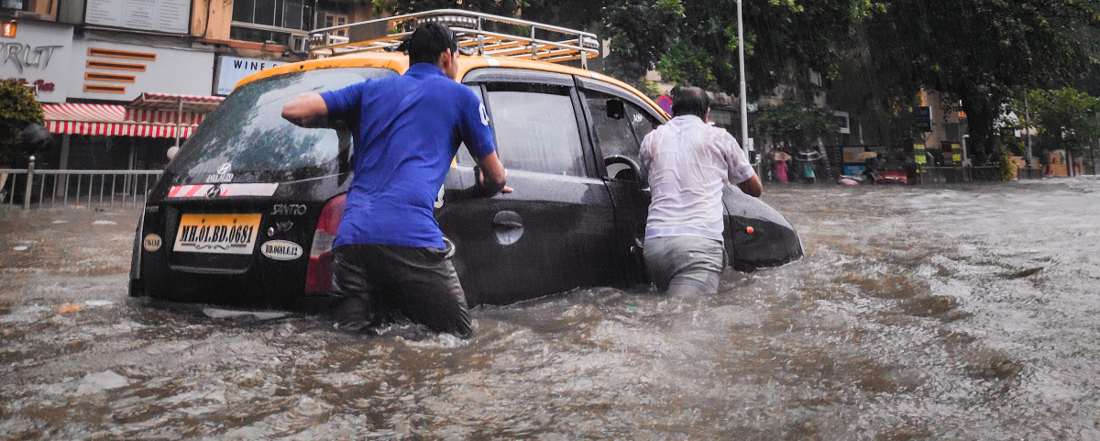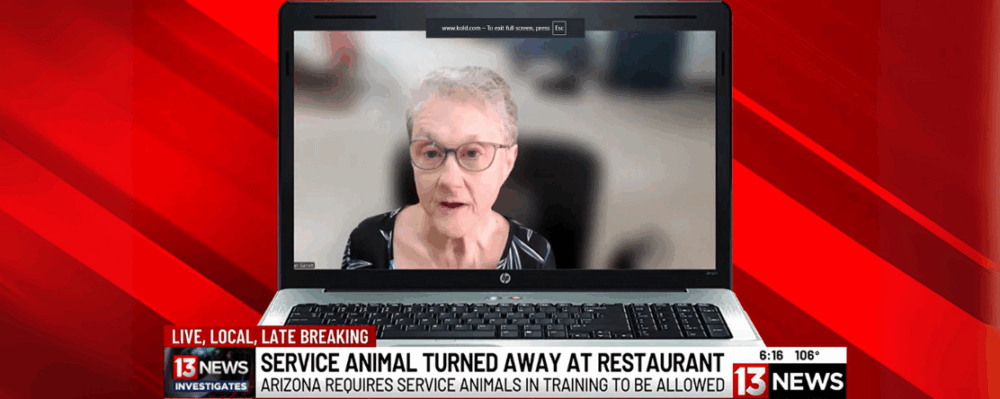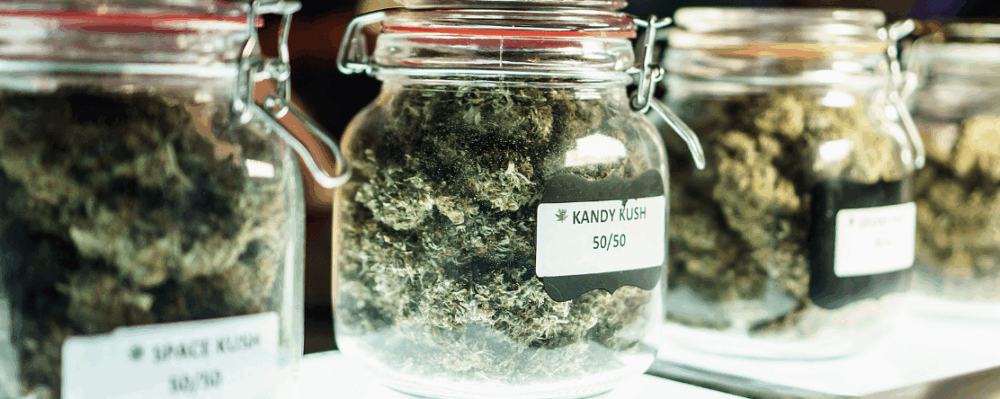
In the News
Flood Conditions Come with Health Concerns
-
Focus Areas
Environmental Health -
Issues
Population Health -
Expertise
Health Education & Promotion

Following flooding from Hurricane Ida , some northeastern communities face health threats from debris that followed the floodwaters. There are also health threats that are a direct result of the floodwaters, as Dr. Gina Solomon, the principal investigator of the Public Health Institute, pointed out.
Dr. Solomon has researched post-flood health effects at least since Hurricane Katrina struck in 2005. She said that concerns are real where we’re still seeing flood waters high and rising in suburban and rural parts of our region, as well as in locations in New York City and other cities in our region, where deep floods have receded.
“There can be contaminants in the water,” she said, “and those contaminants can be pathogens, even from sewage, because unfortunately sewer lines can be disrupted from flooding, or there can be chemicals, because for example, gasoline and other chemicals can end up in the floodwaters.”
“In urban areas,” said Dr. Solomon, “those sediments can have all kinds of contaminants in them.”
“After flood waters receded,” she said, “we discovered that contaminants from some hazardous waste sites had moved from those sites into nearby neighborhoods. We also discovered that the flood waters resulted in just horrible mold growth.”
That can be particularly dangerous for people with asthma and other respiratory illnesses, Dr. Solomon said. She added that flood conditions, whether the water has receded or not, can result in a variety of medical problems.

You can end up with, as a health result, dermatitis, which is different kinds of skin rashes,. You can end up, if you happen to have cut, or get a cut or get a cut from something in the flood waters, you can end up with very serious infections. If you get the floodwaters splashed in your eyes, in your mouth, on your hands, you could actually get diarrheal illness, so be careful out there.Dr. Gina Solomon, former director of PHI’s Achieving Resilient Communities (ARC) and PHI’s Science for Toxic Exposure Prevention
She said that there are relatively simple ways to stay healthy, despite flood hazards.
“It’s best, if you can, to get those things cleaned up professionally,” she advised, adding that if a professional cleaning isn’t possible around debris, “certainly wear gloves.”
She also said that wearing a Tyvek suit — sometimes called a moon suit — while sifting through flood debris, or otherwise dealing with damage, can be very helpful in staying healthy.
“The most protection you can have on your body to keep yourself from coming into contact with those sediments, the better,” Dr. Solomon said.
Click below to view the video from WPIX.
Originally published by WPIX
More Updates
Work With Us
You change the world. We do the rest. Explore fiscal sponsorship at PHI.
Support Us
Together, we can accelerate our response to public health’s most critical issues.
Find Employment
Begin your career at the Public Health Institute.



